Cooperation between China and Latin American countries and regions in mining is expected to deepen with lithium mining becoming a new focal point, experts said.
This will likely lead to closer collaboration and synergies between mining companies on both sides, they said.
Yan Guangsheng, director of the natural resources comprehensive survey and commanding center at the China Geological Survey, which operates under the aegis of the Ministry of Natural Resources, said China and Latin America's strengths in mining are complementary.
China has advanced technologies in mineral exploration and mining, and strong production capabilities, while Latin America boasts abundant reserves of resources like copper, iron, lithium and niobium, Yan remarked during the 25th China Mining Conference and Exhibition that concluded on Oct 28 in Tianjin.
Bilateral mineral trade and mining investment activities now account for a significant share of the global total, he said. Going forward, the China-Latin America partnership in mining is expected to further promote technological communications and exchanges between companies on both sides, and continue to optimize the mining investment environment.
Collaboration in mineral resource exploration, innovative utilization techniques and low-carbon clean technologies should be promoted, he said.
According to the General Administration of Customs, last year, China's trade with Latin American countries and regions exceeded 3 trillion yuan ($409.9 billion), maintaining positive growth in trade with the region for six consecutive years. During the first half of this year, China's trade with Latin American countries and regions increased by 7 percent year-on-year.
During the Tianjin event, the ministry signed agreements with its counterpart from Suriname, a country in the northeastern part of South America. Previously, it had signed similar agreements with the departments concerned in countries like Argentina.
Experts said these agreements have led to a series of successful geoscientific research collaborations, laying a solid foundation for future mining cooperation between China and Latin American countries and regions.
Yan called for more communications in terms of policies, so that cooperation could be extended to emerging sectors like clean energy, and promote technological exchanges between companies, thereby enhancing the overall mining investment environment. Specialized platforms and mechanisms to deepen cooperation should be set up, he said.
Wang Tiangang, director of the center for geological survey cooperation for the Americas and Oceania at the CGS' Nanjing branch, told the Tianjin conference that Latin America is a globally significant supplier of mineral resources. In 2020, nearly 80 percent of the world's lithium carbonate exports came from the region, while the region's iron ore contributed around a quarter.
With demand for minerals, particularly lithium, rising, Latin America's mining sector is expected to have more cooperation and communication with other regions, Wang said.
Justina Botto, an official from Argentina's embassy in China, told the Tianjin conference the country looks to garner support of China and collaborations with Chinese partners as part of its efforts to diversify the industrial structure in natural resources and mining. Argentina, Botto said, also seeks to attract investments from Chinese companies.
Botto said China and Argentina have had a close partnership in geological exploration and relevant scientific studies. Botto highlighted the long-standing cooperation between the CGS and Argentina's geological departments, which has made significant progress in areas like geochemical research, lithium resource investigation and geothermal resource research.
Argentina is the fourth-largest lithium producer globally, with untapped potential to elevate its global ranking in lithium mining and resource utilization, Botto said.
Chinese investment in battery production lines in Argentina has strengthened extraction of local lithium resources and manufacture of batteries in Argentina, which helped enhance Chinese firms' position in the global industrial chain, Botto said.








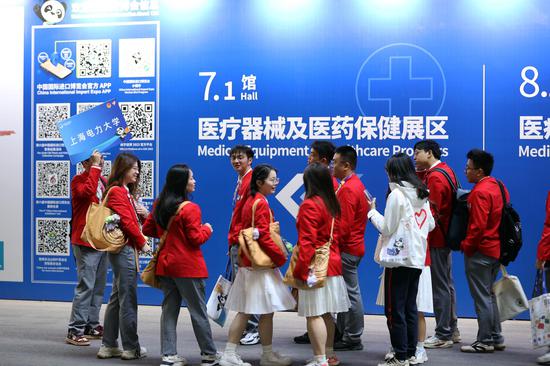




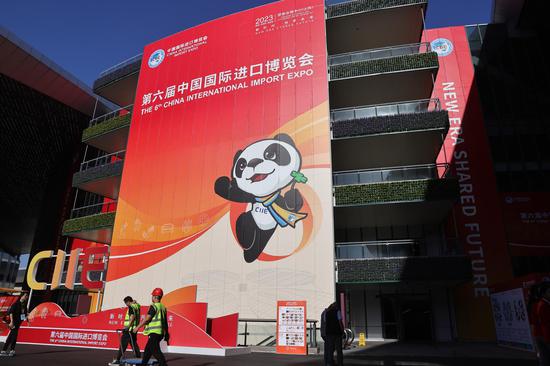



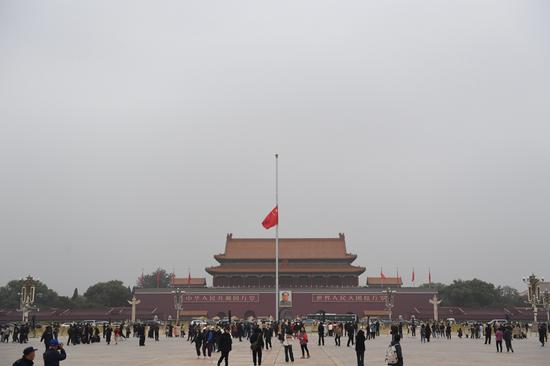

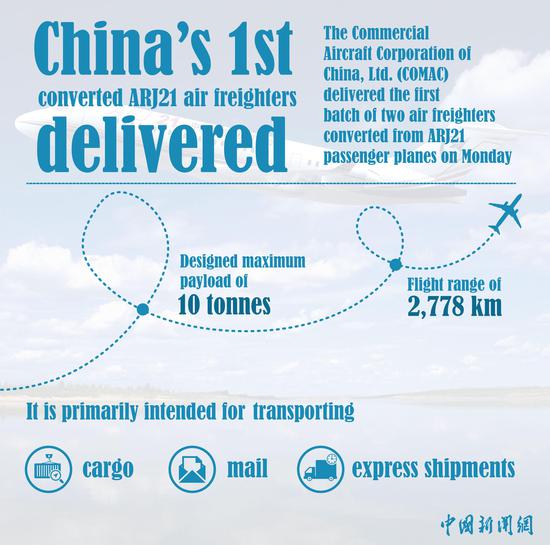

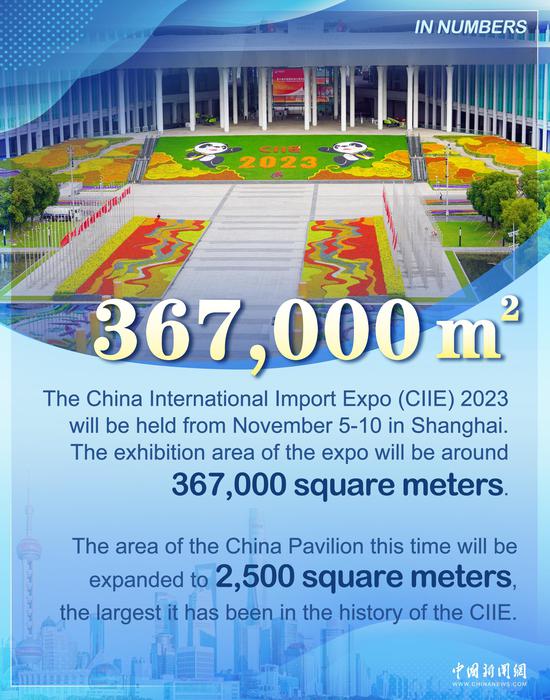
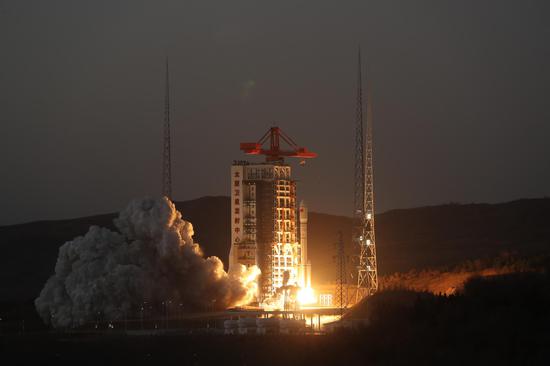
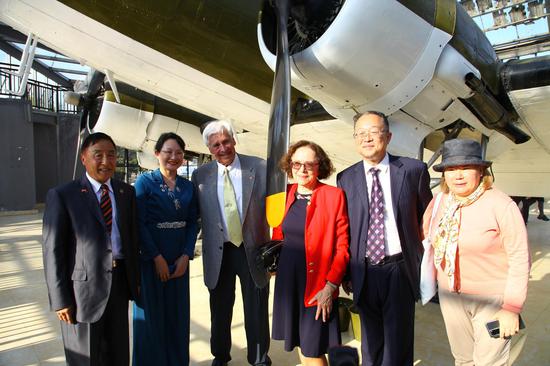

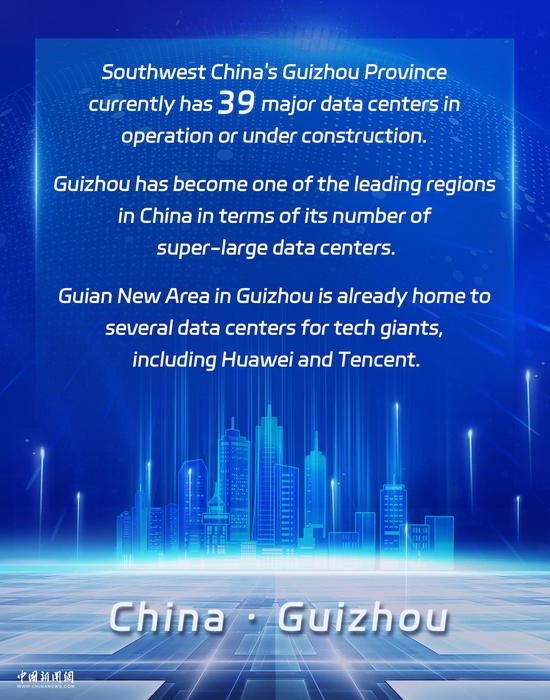

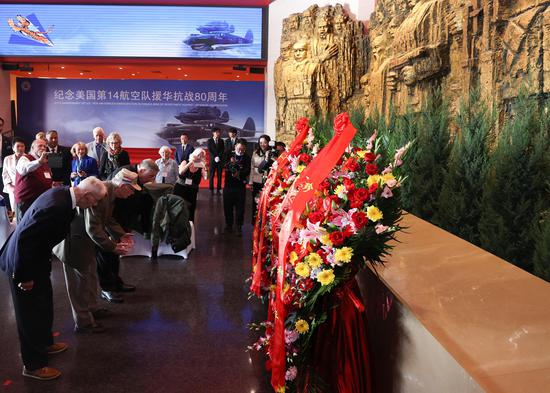


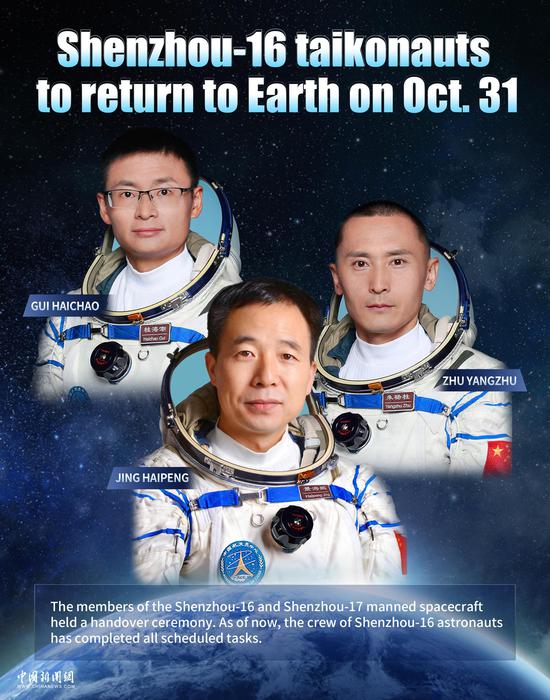


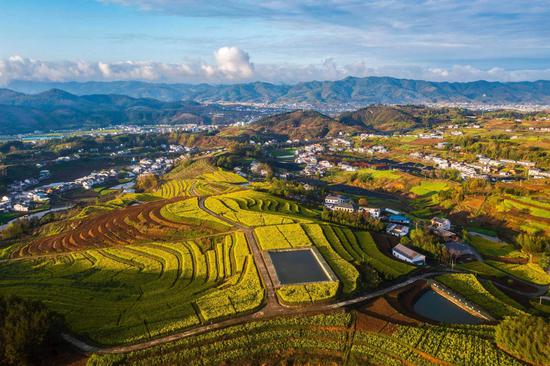




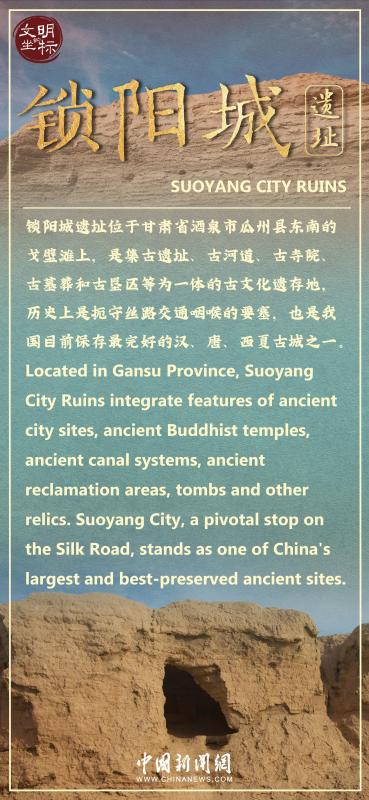
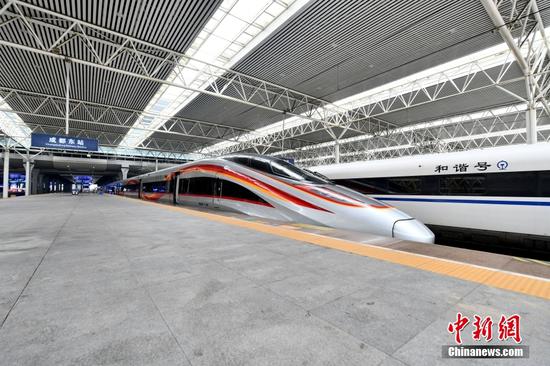










 京公网安备 11010202009201号
京公网安备 11010202009201号